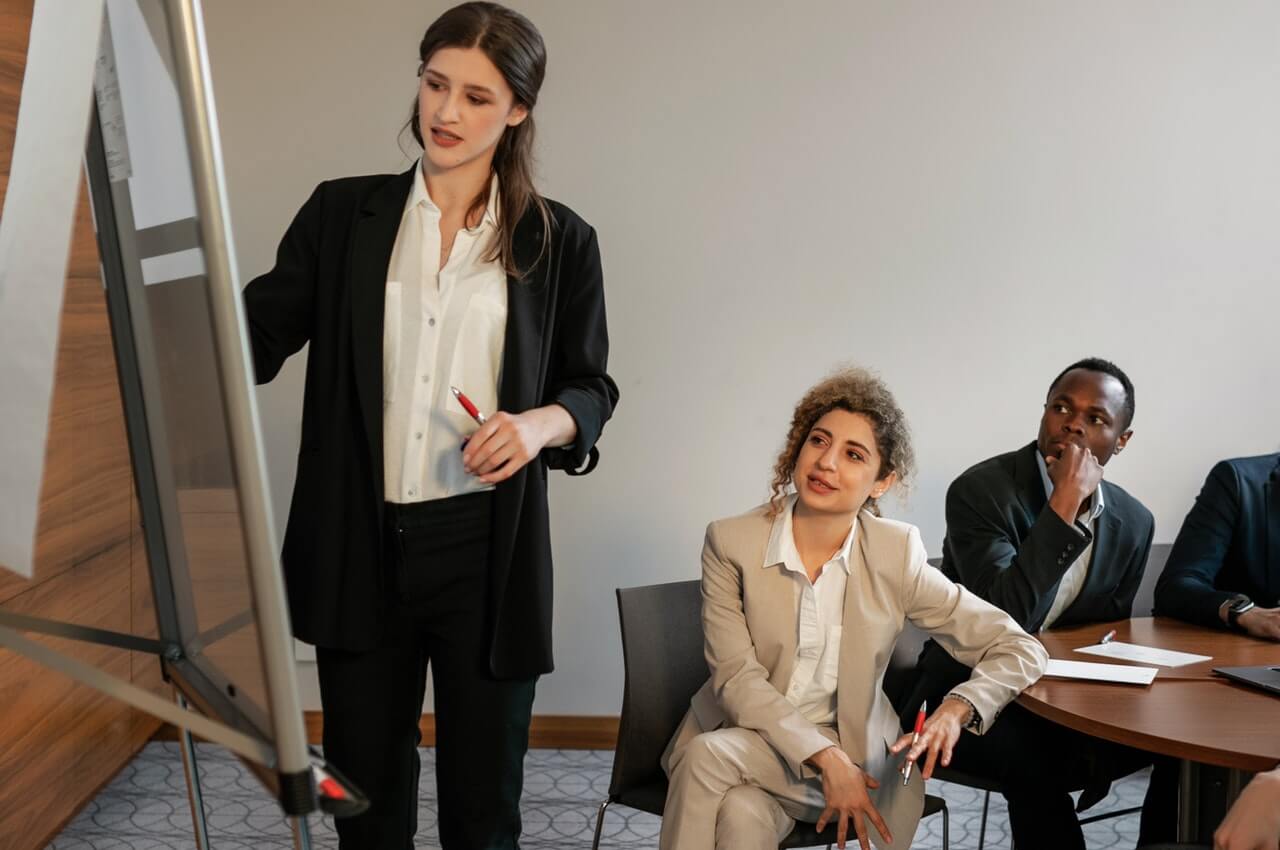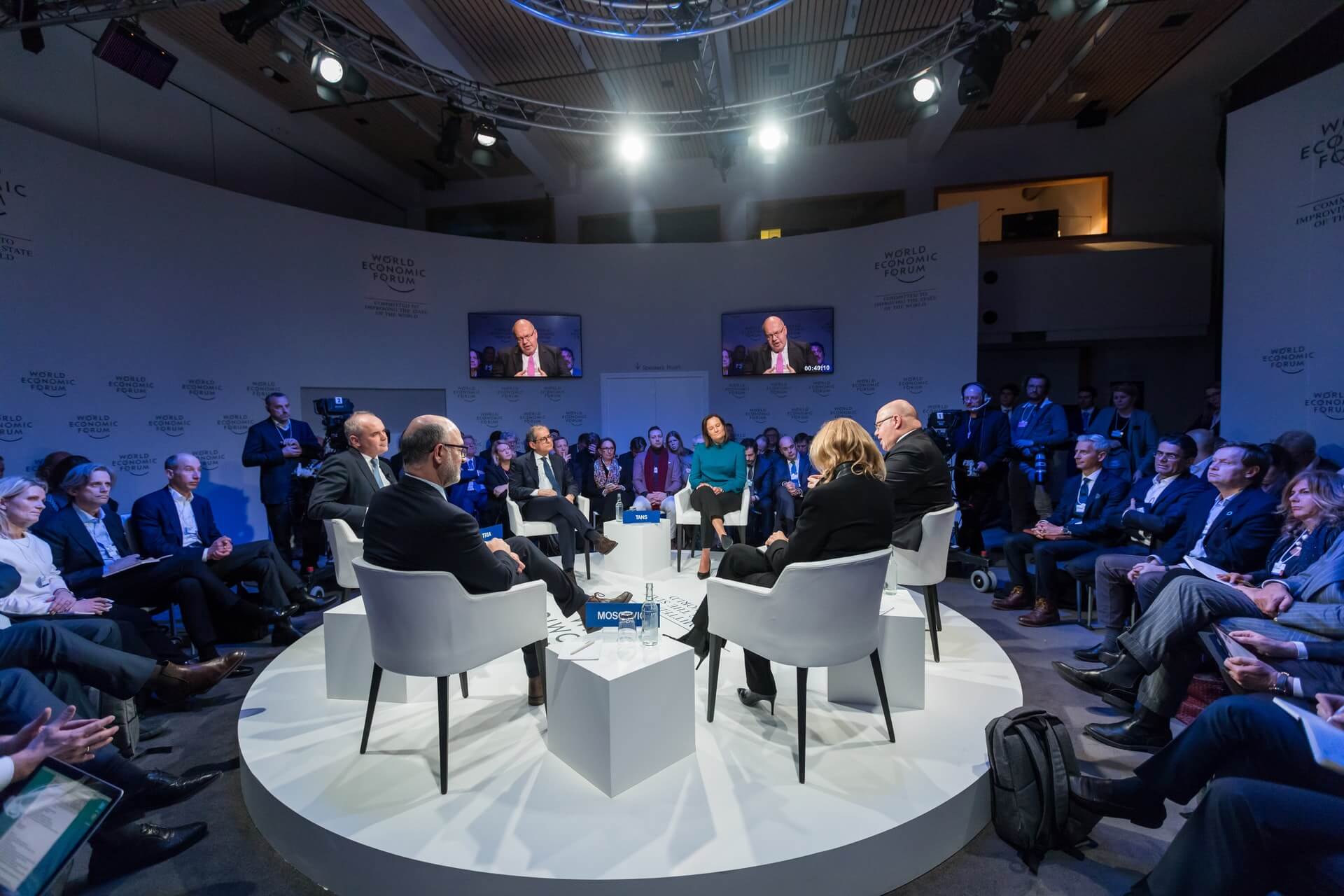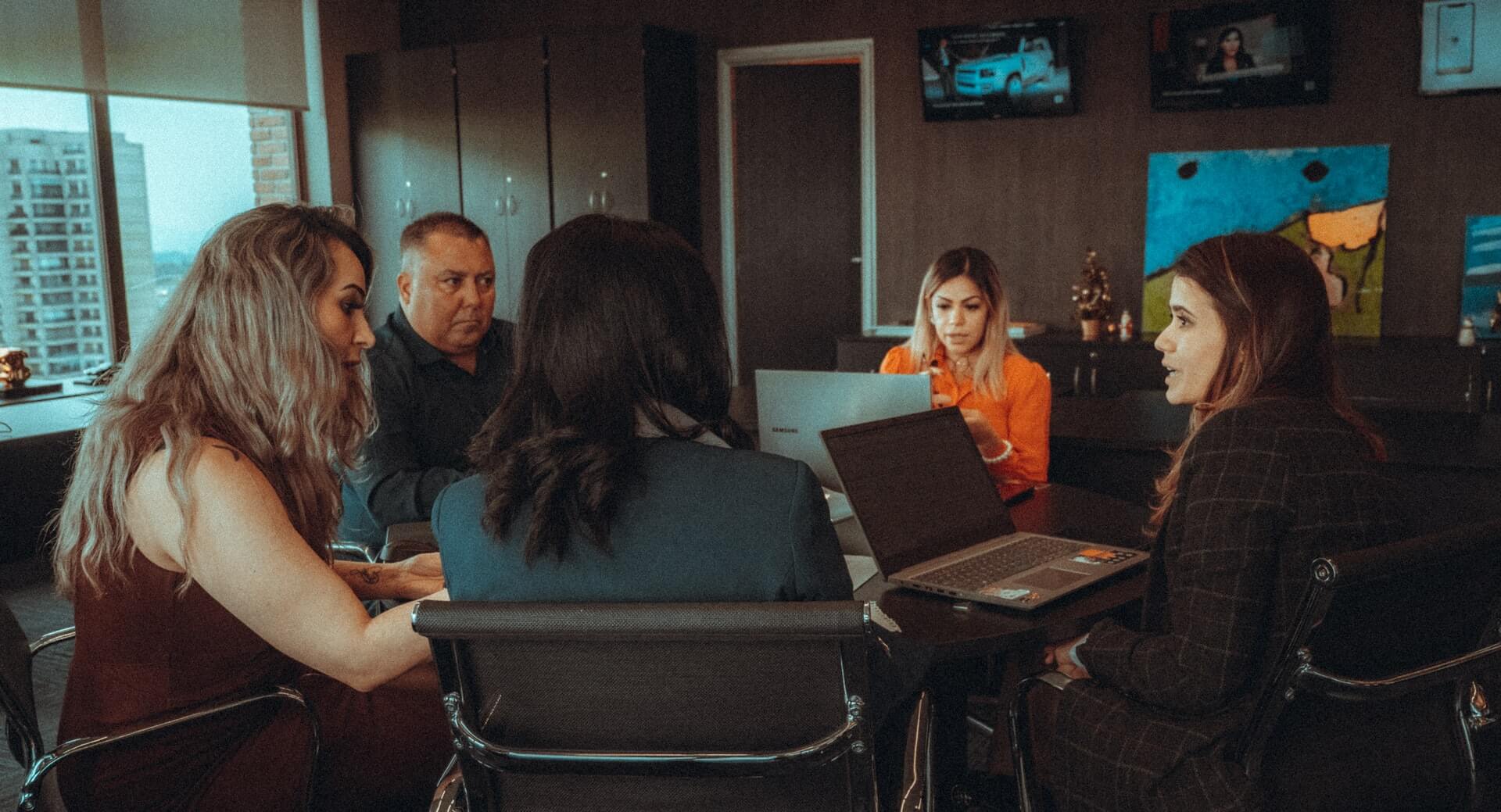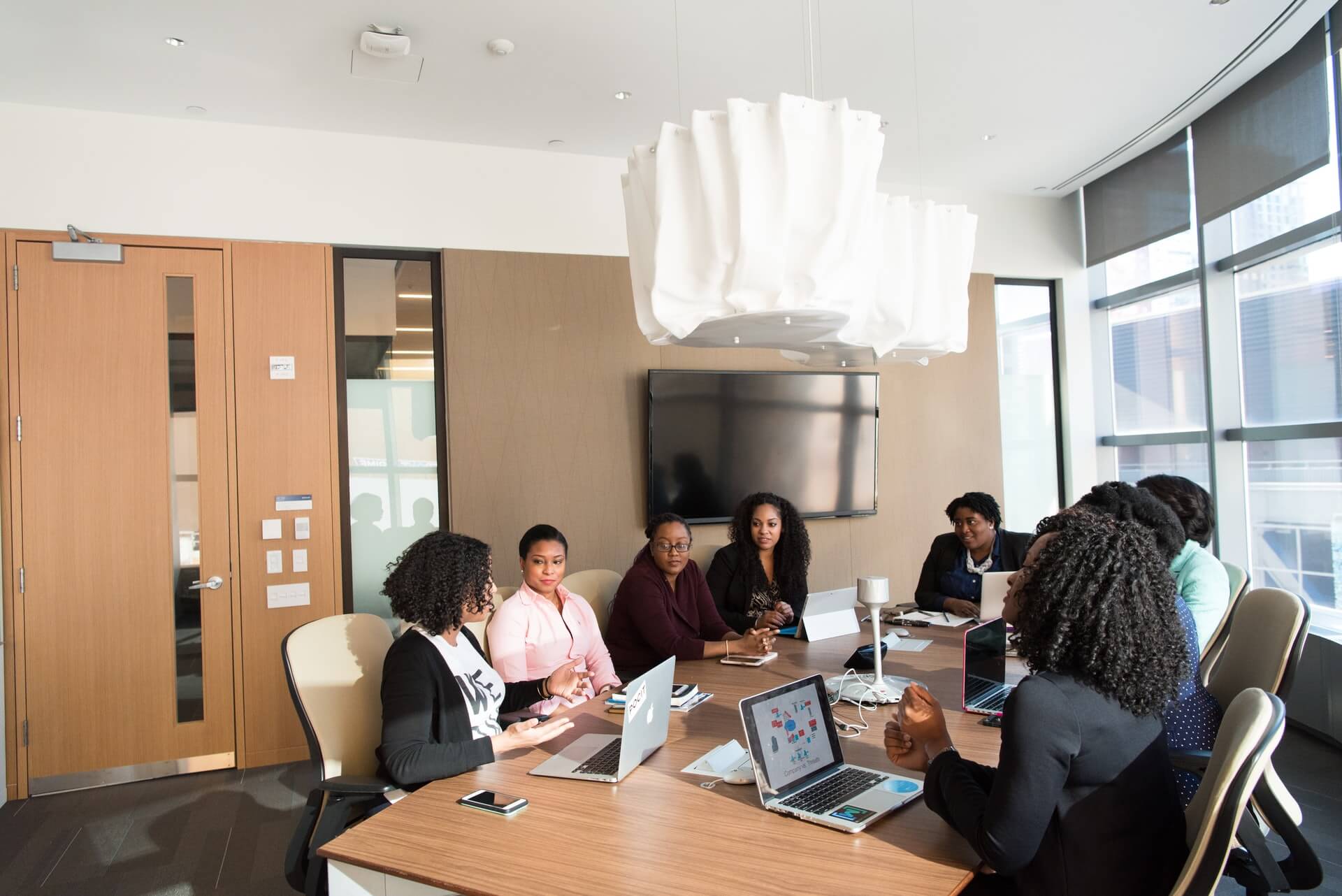Had a call, today, from a non-profit organization that has never before done a “major” event, but they’ve decided that they really want to do one now. I could probably have transcribed the conversation before we began talking, as it seems like there’s not a week that goes by that I don’t get a similar call.
This organization is 4 years old, they’ve done a few (Hank, pardon my use of the word) “fundraisers,” and they feel certain they are ready for the “big” event.
First question I asked was, ”Why did you contact me? Answer: “My boss went to an event you did and loved it and wants us to do one just like it.”
Great, now we have a real problem…the event that she loved was for 500 people in an elegant expensive locale and was now in its 8th year … an event that the organization has been planning, developing and growing for longer than that.
Then I asked, “Tell me about your organization and why you want to do an event. After an overlong description of all the wonderful things the organization does, she said that they wanted to do an event to attract people to the organization and their work.
Good idea!! So I asked, “Do you have potential donors who would want to buy tickets and attend … how large is your mailing list … where will the money come from to rent the place, pay for the invitations, postage, food, beverages, etc….??
“Oh, we thought we would ask one of our board members to chair it and have the rest of the board on the committee, and they would raise the money….”
My next question, “How much money does your board raise now? Answer: “Not much.” So, why, I ask, would you think they would/could raise money for an event ??
“Why not?” they ask.
Anybody have an aspirin?
=-=-=-=-=-=-=-=-=-=-=-=-=-=
Have a question about creating or expanding your special event? Email me at [email protected]. With over 30 years in conference and event planning, we can help you turn your vision into reality.










